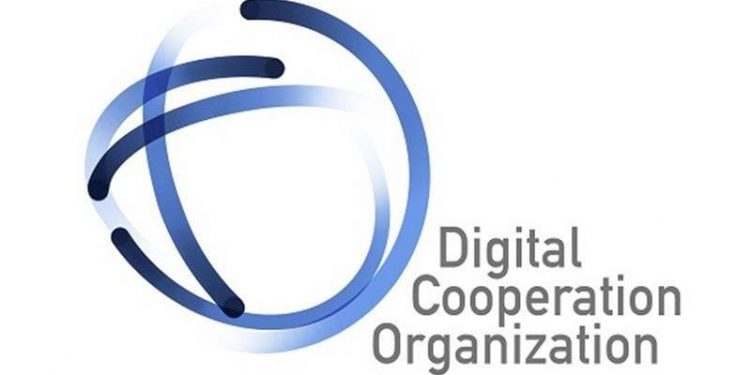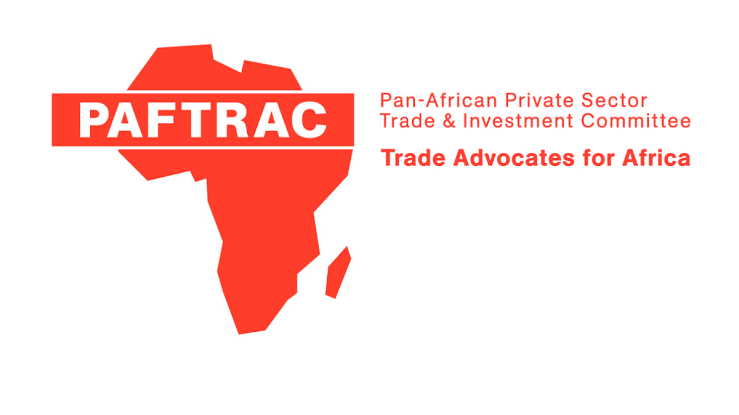Nigeria’s participation in the Digital Cooperation Organization (DCO) is set to expand opportunities for digital trade, innovation, and economic growth, following the unveiling of the Model Digital Economy Agreement (MDEA) during the body’s inaugural session.
The agreement, described as an interoperable rulebook for digital trade, spans 12 key policy areas including trade facilitation, cross-border data flows, cybersecurity, artificial intelligence, e-transactions, digital payments, and small business inclusion.
According to the DCO, the MDEA could generate an additional USD 2.1 billion in intra-DCO digital trade annually from digitally delivered services alone, with wider benefits expected across goods and other sectors.
Members of the DCO
The DCO brings together 16 member states from Africa, the Middle East, Asia, and Europe: Bahrain, Bangladesh, Cyprus, Djibouti, The Gambia, Ghana, Greece, Jordan, Kuwait, Morocco, Nigeria, Oman, Pakistan, Qatar, Rwanda, and Saudi Arabia.
Nigeria became a founding member in April 2021, joining efforts to promote digital inclusivity, fintech development, and the responsible adoption of emerging technologies such as artificial intelligence (AI).
Objectives of the DCO
The DCO’s mission is to foster a prosperous, inclusive digital economy by:
- Harmonizing standards and regulations to enable businesses to scale across borders.
- Empowering youth, women, and entrepreneurs through innovation and digital tools.
- Promoting cooperation on cybersecurity, digital infrastructure, and policy frameworks.
- Supporting SMEs in navigating cross-border digital markets.
With its permanent headquarters in Riyadh, Saudi Arabia, the DCO operates through a Council of Ministers of Communications/ICT from member states, with chairmanship rotating among members.
What It Means for Nigeria
As Africa’s fastest-growing tech hub, Nigeria stands to benefit significantly from alignment with the DCO’s standards.
- Investment magnet: The MDEA’s balance of openness with regulatory autonomy could attract foreign investment while safeguarding consumer rights and data.
- Market access: Nigerian startups, fintechs, and SMEs gain a clearer path to expansion across 15 other member states under harmonized digital trade rules.
- Youth empowerment: The DCO’s focus on entrepreneurship and inclusivity aligns with Nigeria’s demographic strengths, offering new opportunities for its young, tech-driven population.
By collaborating under this framework, Nigeria could strengthen its digital economy’s role in job creation, financial inclusion, and innovation-driven growth.










